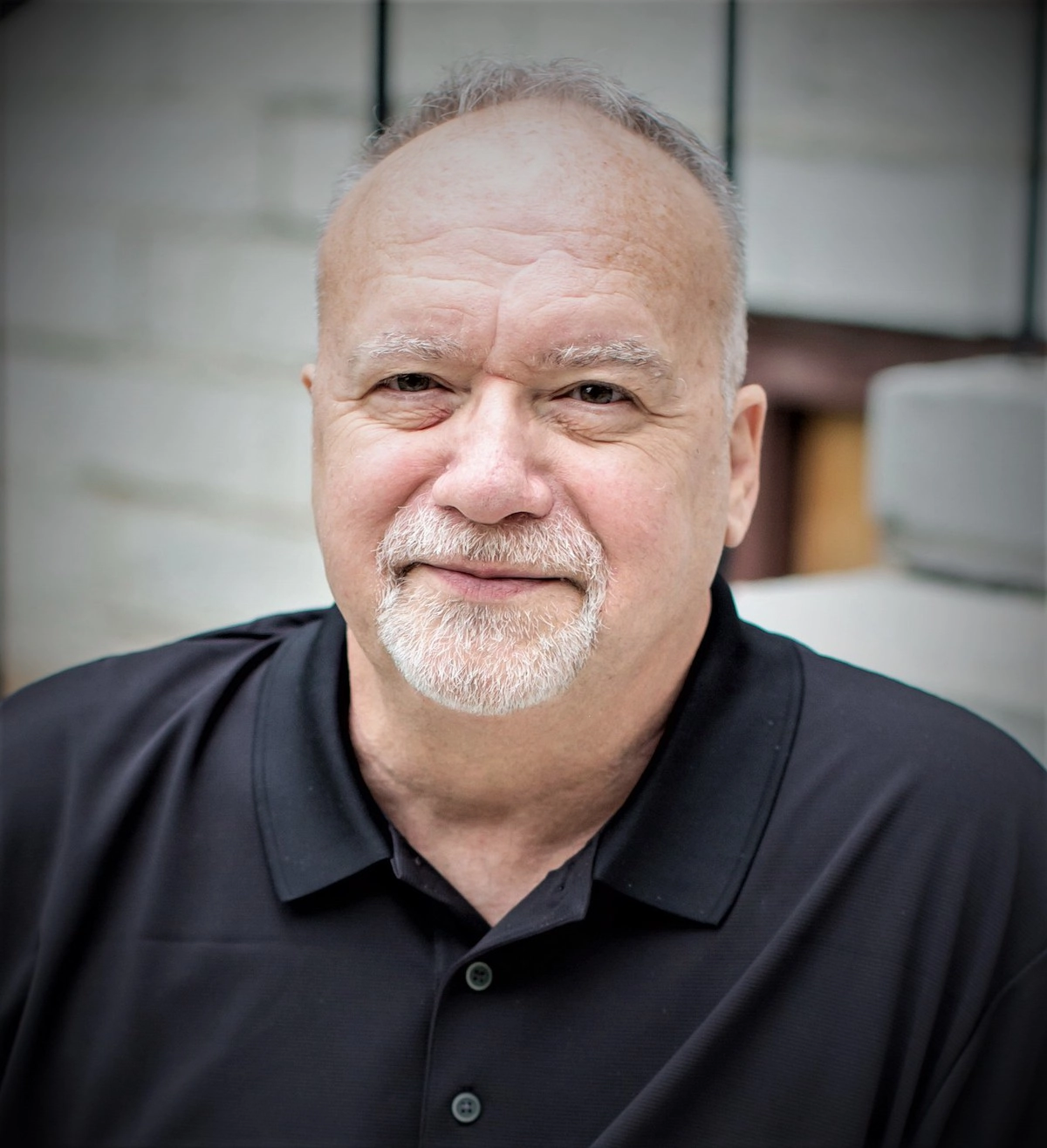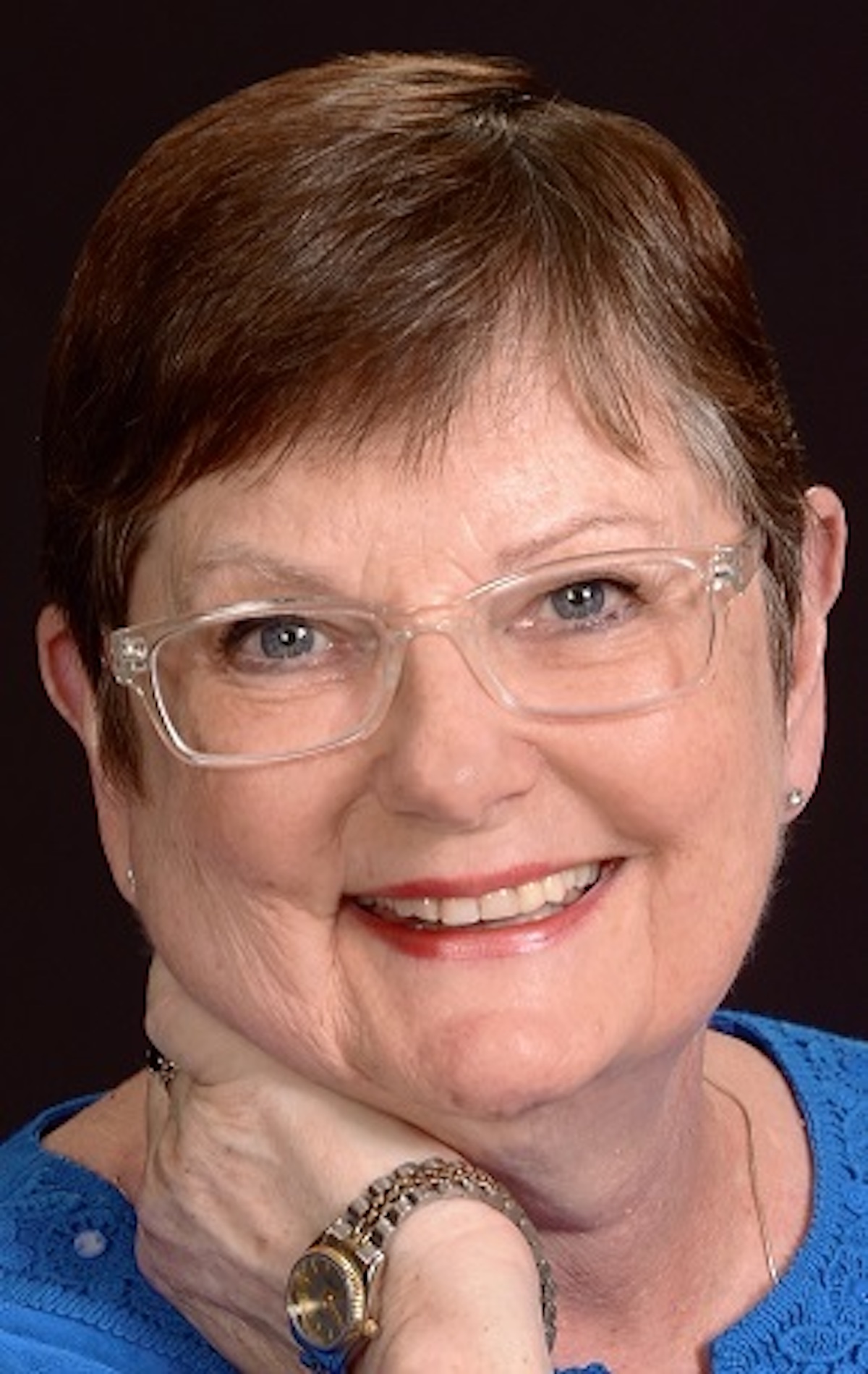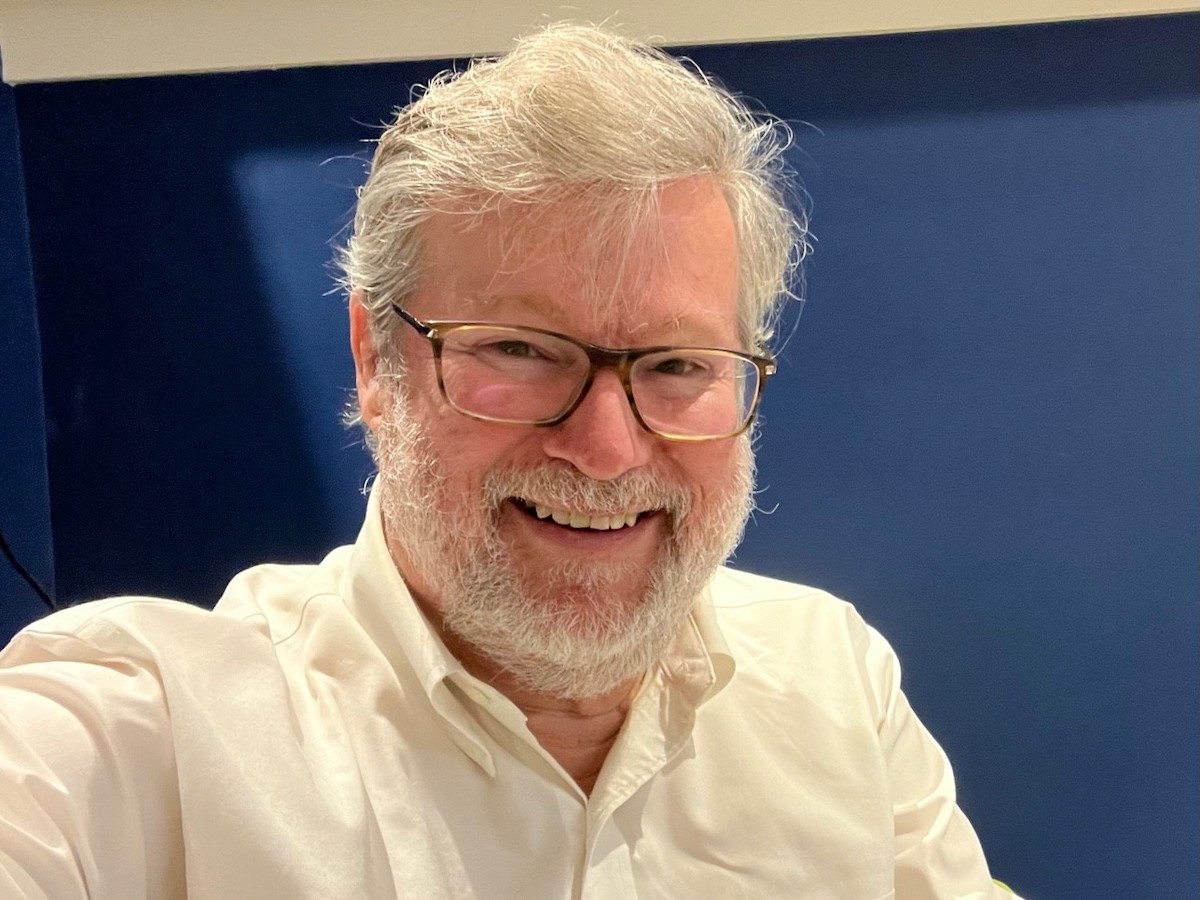By Andy Brack
Morning, noon and night, state legislators should start asking this big question frequently whenever spending money or making tough decisions: “What would Jimmy Carter do?”
Regardless of political persuasion or moral framework, it’s an impactful question that should make people stop, look and listen as if they were at a public policy railroad crossing. When we saw the question emblazoned on a gray T-shirt in bold, black letters, it certainly caught our attention as a great way to boil down what to do about tough issues.
In fact, asking what Jimmy Carter would do may be the most relevant question there is as our nation struggles to wade through polarized times. It’s simple, but layered with moral complexities that test choices for decisions that need to be made, policies that should be explored and questions that befuddle.
Carter, the Georgia peanut farmer and Navy nuclear engineer who died Dec. 29 at age 100, set the gold standard of a consequential life well-lived. The 39th president of the United States, Carter left office in 1981 after one term to have a post-presidential influence greater than any past president by infusing his faith and goodness in making people’s lives better around the world.
“I have one life and one chance to make it count for something,” Carter once said. “My faith demands that I do whatever I can, wherever I am, whenever I can, for as long as I can with whatever I have to make a difference.”
Simply put, he and his life partner Rosalynn showed up, time and again, and did work that needed to be done, whether to help to build homes for people who needed them or establish a global organization to promote democratic ideals. The Carter Center and its partners around the world took on the seemingly impossible mission 40 years ago to eradicate the parasitic guinea worm that made life miserable for millions. In the mid-1980s, 3.5 million people in Asia and Africa suffered from the disease’s crippling infection. By 2023, the number of cases throughout the world stood at 14. Yes, 14.
Carter dedicated his presidency and post-presidential life to waging peace, not war, once saying, “War may sometimes be a necessary evil. But no matter how necessary, it is always an evil, never a good. We will not learn how to live together in peace by killing each other’s children. The bond of our common humanity is stronger than the divisiveness of our fears and prejudices.”
In 2002, his zeal for helping people and doing the right thing led to a Nobel Peace Prize. He won “for his decades of untiring effort to find peaceful solutions to international conflicts, to advance democracy and human rights, and to promote economic and social development,” according to the Norwegian Nobel Committee.
Now as the United States of America steers toward a new administration with old authoritarian, anti-democratic ideas, we should keep the question about how Jimmy Carter, a complex man driven by core, moral principles, would conduct business at the forefront of our minds – daily. Answering this question might, in fact, help to bring us together.
Furthermore, if state legislators were to ask “What would Jimmy Carter do” frequently, they should be rewarded with more clarity about complex questions about right and wrong on difficult issues of policy. And they – and everyone else – might find guidance for other personal challenges in new, unexpected ways that lead us to be better and do better all of the time.
What would Jimmy Carter do? Indeed. Ask the question often. And don’t be afraid to act on the answer.
Andy Brack is editor and publisher of the Charleston City Paper and Statehouse Report. Have a comment? Send it to feedback@statehousereport.com.






